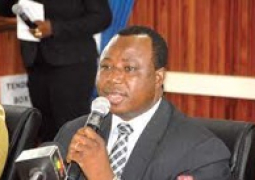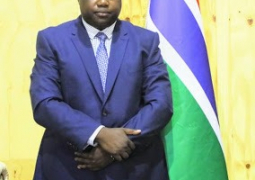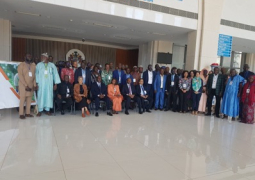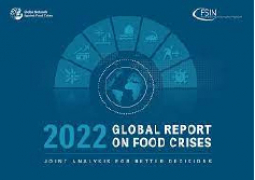The governor was speaking at a press conference of the Monetary Policy Committee (MPC) held at the Central Bank premises in Banjul.
Governorn Saidy further stated that the Central Bank forecasts the economy to grow by 6.0% in 2023, higher than the 5.2% projected for 2022. He added that the risk to the outlook remains significant, including the uncertain geopolitical environment, volatile international commodity prices and the impact of monetary tightening in advanced economies on domestic demand.
“The findings of the latest private sector business sentiment survey point to improve sentiments as most respondents are upbeat about the near-term growth prospects of the Gambian economy. Respondents also expect higher business activities in the first quarter of 2023, predicated on higher capital expenditure, consumer demand and sales. However, inflation expectations remain elevated and are expected to persist in the near term.”
Mr. Saidy further highlighted that a provisional estimate of the balance of payment indicates a wider current account deficit of US$116.7 million (5.7% of GDP) in 2022, compared to US$86.9 million (4.5% of GDP) in 2021. He further explained that the deficit in the goods account worsened to US$591.6 million in 2022, from US$574.5 million a year ago.
“Total import bill rose by 6.2% (year-on-year) to US$645.3 million in 2022, reflecting mainly higher costs of petroleum and food imports. Total exports of goods increased by 63.2% (year-on-year) to US$53.7 million in 2022. In contrast, the services account balance improved to a surplus of US$25.6 million from a deficit of US$9.1 million during the period under review.”
He reiterated that the Central Bank continues to maintain an adequate level of external reserve buffer while adding that in end-December 2022, the stock of external reserves stood at US$470.6 million, adequate to cover 4.8 months of prospective imports of goods and services.





